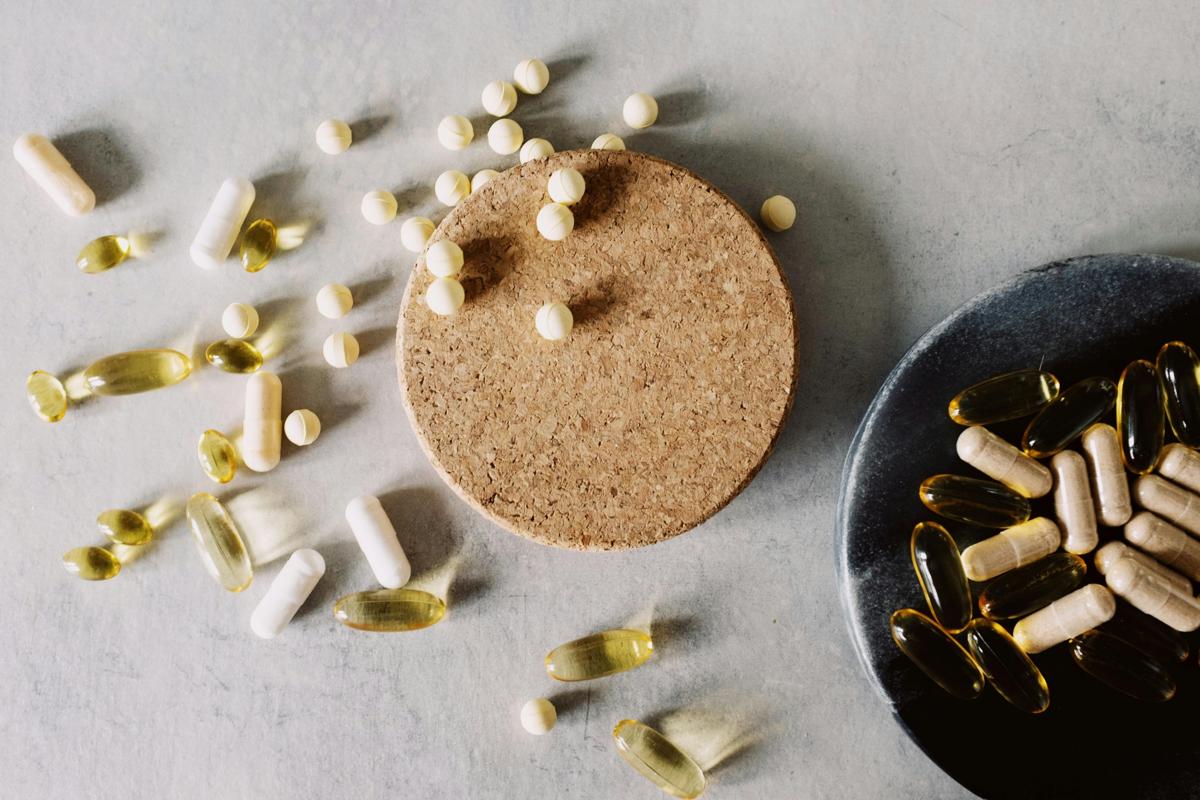Digestive Health Supplements: How Do They Help (and How Can They Hurt?)
Healthy’s Summary
If your gut feels “off” more often than not, you’re not alone—and you’re probably curious about digestive health supplements. From probiotics and enzymes to herbal blends and fiber powders, these gut-focused helpers are everywhere. But while some people swear by them, others feel worse after popping a pill or stirring up a supplement smoothie.
Digestive health supplements are designed to support your gut’s natural function—helping you break down food, absorb nutrients, and keep things moving. They can ease bloating, gas, and constipation… but not always. And sometimes, ironically, they can throw your system further out of balance.
What are digestive health supplements, exactly?
Digestive health supplements include a wide range of products—each claiming to do something slightly different for your gut. The big categories are:
- Probiotics: Live bacteria meant to boost your gut microbiome. Often used for bloating, irregularity, or after antibiotics.
- Prebiotics: Fibers that “feed” good gut bacteria.
- Digestive enzymes: Help break down proteins, fats, and carbs—can be useful if your body struggles with that on its own.
- Fiber supplements: Add bulk to stool and support regularity.
- Herbal aids: Like ginger, peppermint, or fennel, often used to ease cramping or nausea.
What they have in common: they’re trying to fill a gap or support a process your body’s already doing. But they’re not one-size-fits-all—and they can be surprisingly potent.
How do these supplements actually help?
The right supplement, used at the right time, can be a game changer. If your gut struggles with a specific issue, targeted support may provide relief. For instance:
- Probiotics may help replenish good bacteria after antibiotics or support regular bowel movements if you’re frequently constipated.
- Enzymes can be helpful if you have trouble digesting dairy or fats (e.g., with lactose intolerance or pancreatic issues).
- Fiber—especially soluble fiber—can smooth out irregular digestion, whether you’re too loose or too stuck.
Research backs some of this up. The National Institutes of Health notes that certain probiotic strains, like Lactobacillus rhamnosus GG, have been shown to support recovery from diarrhea and reduce some GI symptoms.
But not all benefits are guaranteed. And some “gut health” claims are more marketing than medicine.
When can digestive health supplements backfire?
Here’s the twist: digestive health supplements can cause more symptoms if they don’t match what your body needs.
- Probiotics may worsen gas, bloating, or discomfort—especially if your microbiome is already diverse or overpopulated with bacteria.
- Fiber supplements can cause cramping or constipation if you increase your dose too quickly or forget to drink more water.
- Enzymes might be unnecessary (or even irritating) if your digestion is working fine already.
- Herbal remedies can interact with medications or trigger allergies in sensitive individuals.
The FDA doesn’t regulate supplements as strictly as medications, which means potency, purity, and quality can vary. What you see on the label might not always match what’s in the bottle. And for folks with conditions like IBS, SIBO, or Crohn’s, some supplements may trigger flares.
Ask Healthy
How do you know if one is right for you?
This is where things get personal. Digestive symptoms—like bloating, irregularity, or discomfort—can have dozens of causes. A supplement might help… or it might cover up a deeper issue.
Ask yourself:
- When did the symptoms start, and do they follow a pattern?
- Do they get better with changes in diet, stress, or sleep?
- Have you tried other non-supplement fixes first (hydration, food changes, mindful eating)?
If you’re thinking of trying a supplement, start slow. Pick one, give it 2–4 weeks, and track your response. And if symptoms worsen? That’s a sign to stop and reassess.
If you’re taking multiple gut supplements at once, it’s almost impossible to tell what’s helping and what’s not. It’s better to add one at a time and listen to your body’s feedback. Still need a hand figuring out what’s working? Check out our guide: Is Your Gut Happy Yet? 7 Signs Your Probiotics Are Actually Working
The Takeaway
Digestive health supplements can help—but only when they’re solving the right problem. Too often, they’re a quick fix for discomfort we haven’t fully understood. If you’re curious, start with clarity: what is your gut really trying to tell you? From there, the right supplement might make all the difference—or you may realize you need something else entirely (like less stress, more water, or a simpler diet).
Want to dig deeper?
Decoding Your Gut: Patterns, Triggers, Relief
Struggling with persistent gut symptoms? You’re not alone. “Decoding Your Gut: Patterns, Triggers, Relief” is designed to empower you with tools to manage symptoms, identify potential triggers, and find more comfort day-to-day. Through personalized check-ins, symptom tracking, and guided insights, you’ll gain clarity on how lifestyle factors like food, stress, and sleep affect your gut health.
Enroll in one of Healthy’s Programs to log, track and learn more about your Health, one conversation at a time.
Learn More




